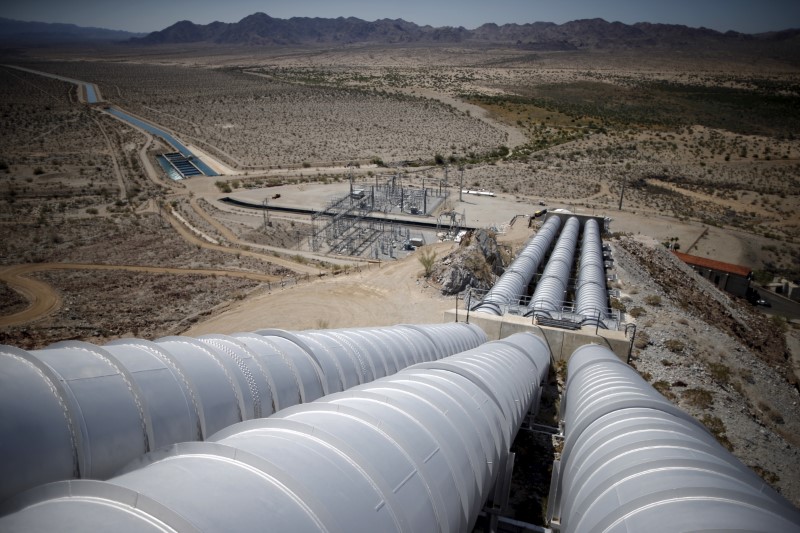By Peter Nurse
Investing.com -- Oil prices climbed higher Friday, but remained on course for more weekly losses following plans for massive crude releases from the strategic reserves of consuming nations as well Covid lockdowns in top importer China.
By 8:15 AM ET (1215 GMT), U.S. crude futures traded 0.4% higher at $96.42 a barrel, while the Brent contract rose 0.2% to $100.75.
U.S. Gasoline RBOB Futures were up 0.4% at $3.0520 a gallon.
Both crude benchmarks may be in positive territory Friday, but they remain on course for a second consecutive lower week, with Brent currently seen dropping 3.3% and Nymex falling 2.5%.
Weighing heavily on the overall market was the news earlier this week that International Energy Agency member countries had agreed to release 60 million barrels of crude from their emergency reserves in an attempt to drive down prices.
This means that, following a similar announcement from the Biden administration last week, that the U.S. and allies have announced plans to sell almost a quarter-of-a-billion barrels from strategic petroleum reserves, a significant amount.
Adding to the negative sentiment is the extended lockdown in Shanghai, China’s financial hub, with Covid cases topping 21,000 on Thursday.
The original eight-day lockdown of Shanghai was supposed to end earlier this week but shows no immediate signs of ending, and traffic congestion levels at peak hours are 40% lower than a year ago, according to data from Baidu.
“How prolonged and widespread Chinese lockdowns become could be a key factor in the short-term, with it being such a large consumer and some cities with very few cases already imposing harsh restrictions,” said Craig Erlam, an analyst at OANDA. “The zero-Covid approach in Beijing could weigh heavily on economic activity.”
That said, prices remain around the $100 a barrel level amid doubts that the hefty addition of crude from the reserves can make up for the lack of Russian oil, given Moscow was the second largest exporter in the world.
The European Union confirmed its latest sanctions package on Thursday, banning imports of Russian coal and Japan followed suit. However, as reports of atrocities committed by Russian troops in Ukraine continue to mount, the latest being a missile attack on a train station, the pressure on European governments, especially Germany, to apply the same treatment to Russian oil will increase.
"In the court of public opinion, pressure is mounting on Brussels to act, and if that pressure valve pops and the EU sanctions Russian oil, we could see Brent crude at $120 in a heartbeat," said Stephen Innes, managing director of SPI Asset Management, in a note.
